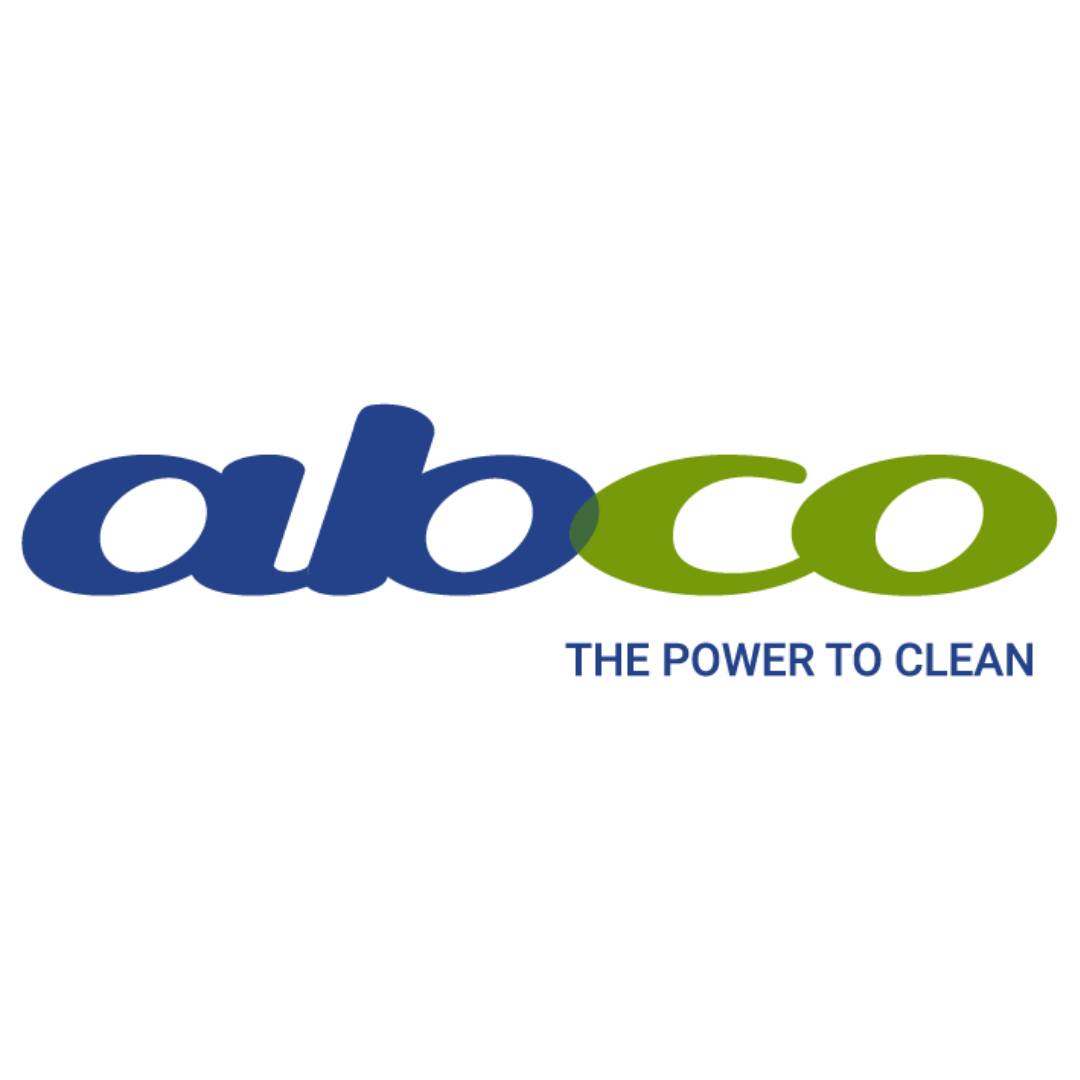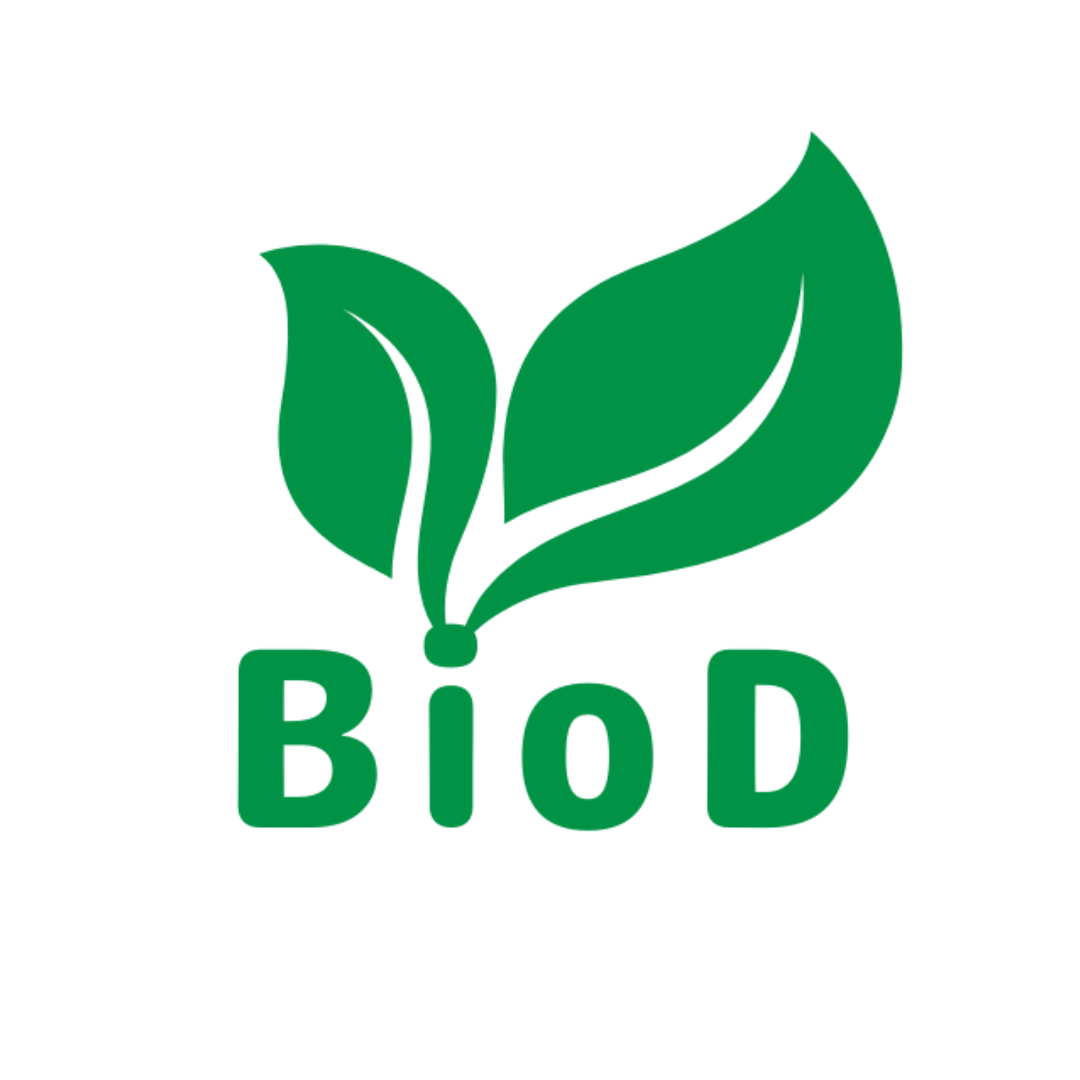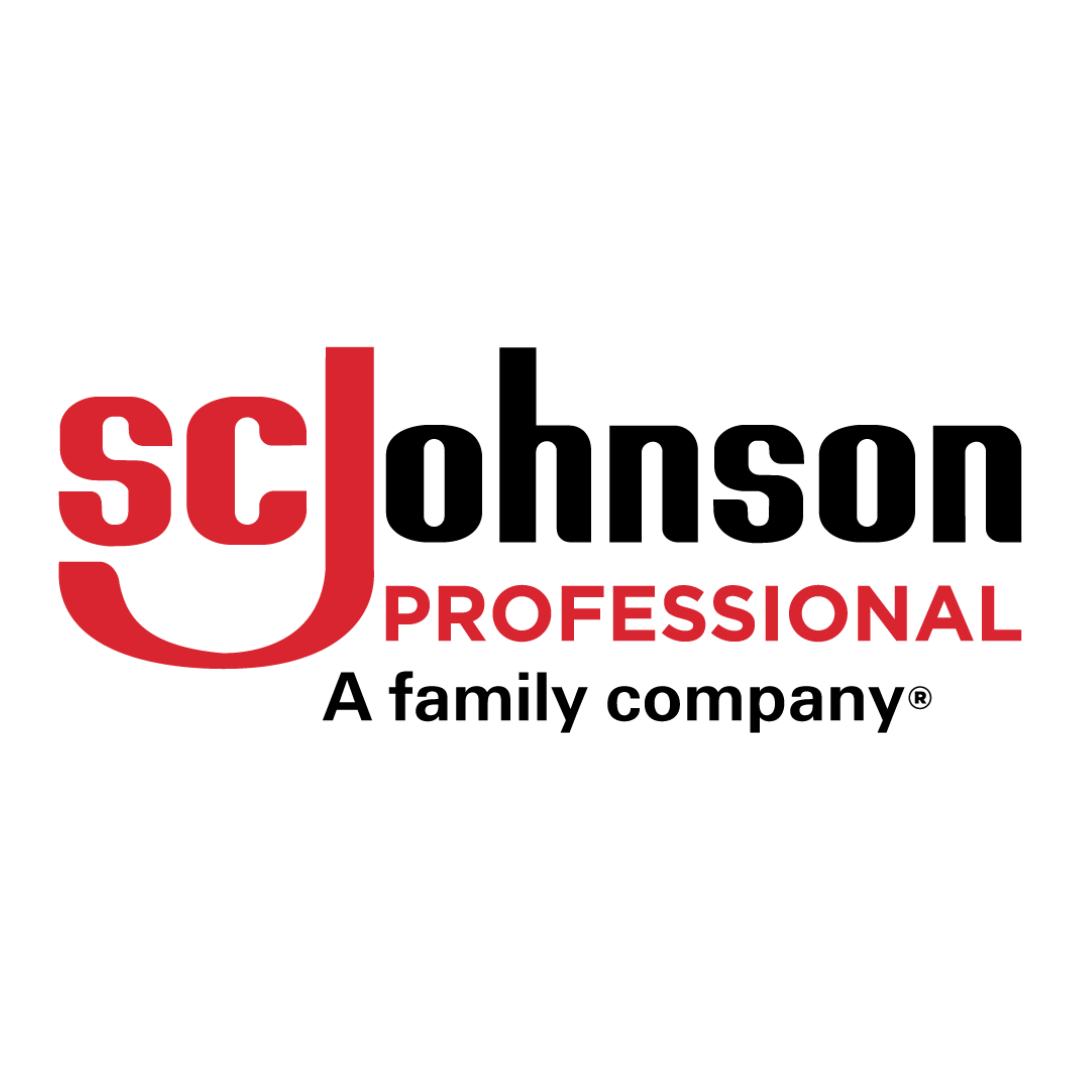OUR STANDARDS
Cleaning Products (CPv3.0-2022)
Status
Current
Issue Date
May 31, 2022
Recognised programs
Cleaning products are essential for healthy and appealing living and working conditions. However, they can also have a negative impact on human health and the environment.
To determine whether a cleaning product is truly sustainable or not, you need to look at its entire lifecycle. That means from sourcing raw materials and the manufacturing process to use and finally, its ultimate disposal.
The discharge of phosphorus compounds, for example, can damage freshwater and coastal ecosystems by introducing too many minerals and nutrients, leading to algal blooms. Some cleaning products may also contain long-lasting toxic substances, harming aquatic life in surface waters and streams.
Palm oil and palm kernel oil are common ingredients in conventional cleaning products. However, irresponsible palm oil farming can lead to deforestation, habitat loss for threatened species, poor air quality, and threats to the rights of local communities. Therefore, palm oil and palm kernel oil must be shown to be sustainably sourced.
Cleaning products must be safe for the end-user as well as for the workers who helped manufacture them. Conventional cleaning products can harbour ingredients that cause a range of adverse effects on health, ranging from mild (such as minor skin irritation) to very serious (such as being a potential carcinogen).
Exposure to volatile organic compounds (VOCs) is one of the main culprits behind Sick Building Syndrome, where occupants of a building complain of headaches, fatigue and other symptoms that disappear after leaving the building. The health issues caused by VOCs in indoor environments depend on the amount of VOCs present in the air, the length of time they are present, and how frequently people are exposed to them. People with allergies and asthma are particularly at risk.
Products certified under this standard can also contribute toward achieving credit points for projects being certified under the Green Building Council of Australia’s Green Star Performance tool. In addition, our standard also contributes to meeting WELL features under the WELL Building Certification.
The standard sets requirements that aim to provide a benefit by:
Limiting emissions of volatile organic compounds
Limiting substances harmful to aquatic environments
Supporting sustainably sourced palm oil and palm kernel oil
Preventing the use of harmful ingredients such as carcinogens, mutagens or reproductive toxins
Placing restrictions on fragrances and irritants
Encouraging recovery, reuse, recycling and responsible disposal of materials and packaging
Ensuring workers and suppliers through the supply chain can expect fair pay, equal opportunity, and a safe working environment
Applicable to the following categories of cleaning products:
✔︎ General Purpose Cleaners: includes cleaners for use on tables, benches, tiles, windows, walls, floors and other fixed surfaces, including kitchens
✔︎ Sanitary Cleaners: includes cleaners for use on toilets, bathrooms and other wet areas
✔︎ Laundry Cleaning Agents: includes household laundry detergents including liquids and powders for washing machine or hand clothes washing use
✔︎ Hand Dishwashing Detergents: includes cleaners for manually washing dishes
✔︎ Machine Dishwashing Detergents: includes detergents (liquid and powder) and rinse aids intended for use in automatic dishwashers
✔︎ Fabric Softeners or Multi-Component Detergents: such as stain removers and rinsing agents
While this standard is primarily aimed at domestic and commercial products, industrial or institutional products (such as those for use in food preparation areas and hospitals) that meet the standard’s requirements are eligible for certification.
GECA Position on Deodorisers, Air Fresheners & Airborne Cleaning Products
GECA’s position is that products designed to directly impact air quality are not allowed under the current Cleaning Products (CPv3.0-2022) standard.
Cleaning products like disinfectants are permitted when delivered directly onto surfaces. If sprayed directly onto a surface, cleaning products are also permitted to have a deodorising function. This position also applies to multi-purpose cleaners (e.g., 3-in-1 cleaners) that offer an air freshener or deodorising function.
To achieve compliance, such products must revise all usage instructions and marketing materials to eliminate any functionality directly impacting the air.
GECA reserves the right to revoke certification if these adjustments are not made. The scenarios above comply with the Cleaning Products (CPv3.0-2022) standard, provided they do not aerosolise into the air to disinfect, deodorise, or freshen it specifically.
Download Cleaning Products (CPv3.0-2022) Standard
Certified Products by Cleaning Products (CPv3.0-2022)









